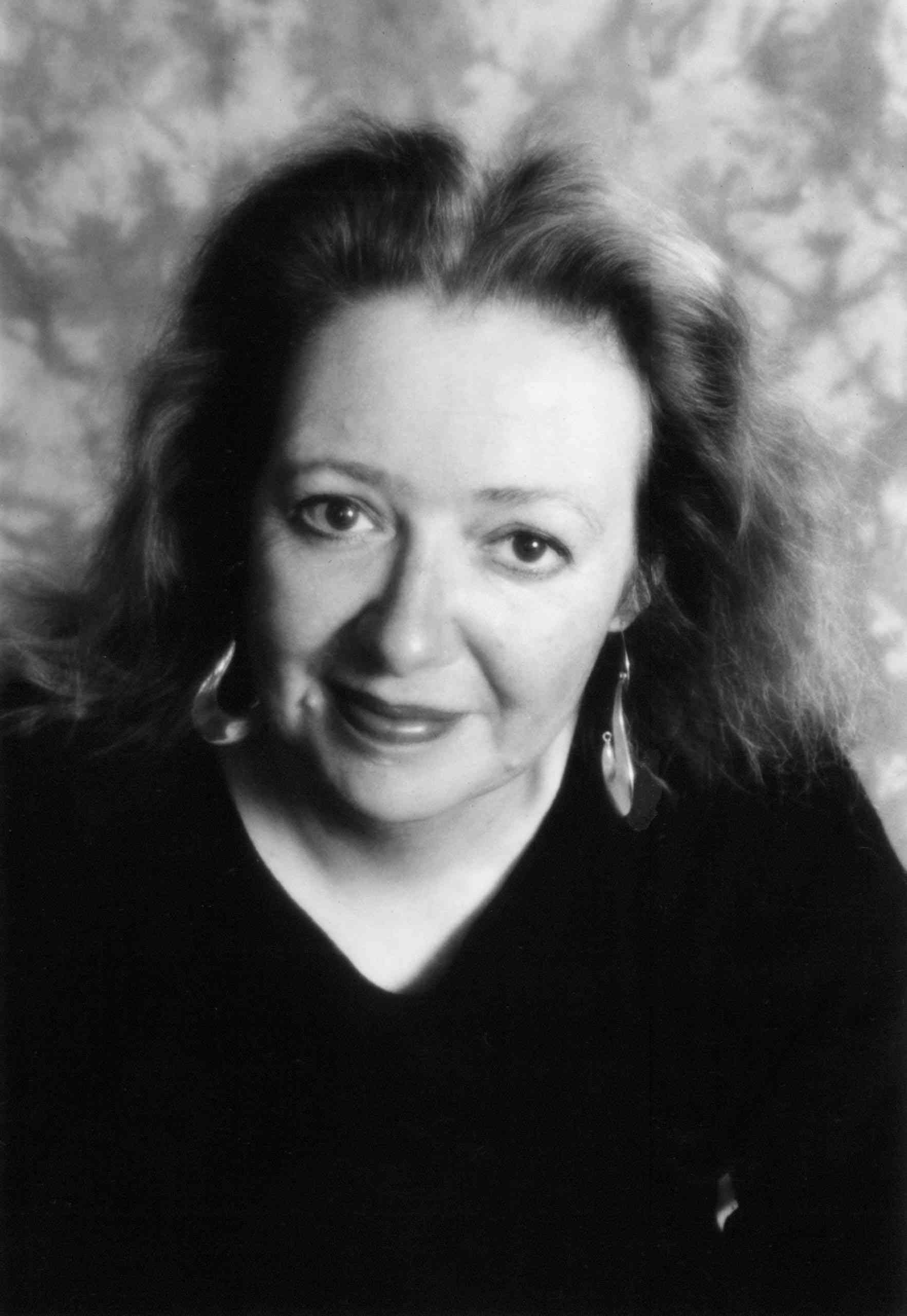Inspector Cetin Ikmen and his team are back at it once more in the bazaar of Istanbul, awash with Syrian refugees and militant Islamic zealots under the watchful eyes of the security services.
A perfectly unremarkable and pleasant young man staggers to his death on the steps of a church, the victims of a heart attack. Case closed. Wait! Not quite, the routine autopsy accorded such an unexpected death produces a disturbing result.
 Istanbul in full swing.
Istanbul in full swing.
Back and forth across Istanbul go Ikmen’s minions and the man himself. Getting nowhere, Ikmen, reluctantly recruits, a one-time criminal computer hacker to find wanna be cannibals on the dark web, fearing that he is giving matches to an arsonist.
Did the dead man knowingly and willingly eat human flesh? If so when, where, and how? If not knowingly or not willingly, what happened? In either case his dead body is itself a crime scene, and this causes the first difficulty because a good muslim is to be buried before the sun goes down. But in the circumstances no higher authority wants to rule on the technicality of what is a crime scene. Instead low level functionaries are left to their own devices.
Ah, how that reminds some of life in large, complex organisations full of self-styled leaders at the top who stay there, in part, by not leading. Does Max Weber cover this somewhere?
Ikmen’s efforts to get one of his superiors to declare the cadaver a crime scene bring out the worst in everyone. They go through the stages of bureaucratic grief when confronted with a career-threatening problem: first, denial. The pathologist must be wrong. But no, the tests are conclusive. Second, anger. Why bring this to me! It is someone else’s responsibility. Go away! But it is your problem as per the organisational chart. Third, bargaining. Let’s find a middle way. Keep the stomach and contents and release the rest of the body, but say nothing. Fourth, depression. One higher authority takes sick leave to avoid further involvement. Only Ikmen accepts the reality and the responsibility that comes with it, because he has no other choice. After all the human flesh consumed came from a victim, and he has to identify that victim and ascertain what happened.
Minor plots go swirling by. On street corners congregate idle young men who dream of martyrdom for Allah. Syrian refugees who cannot speak Turkish struggle to survive out of trash cans. Churches are bombed. Jewish cemeteries vandalised. Russian tourists are buying up property. Public works projects have stopped in mid-stride with the vicissitudes of the regime.
In distant Ankara members of the government seem more preoccupied with in-fighting than with governing. Another verity.
All the further testing done to discredit the finding of human flesh throws up another clue. The flesh has the genetic markers of a very rare disease that almost exclusively afflicts Jews. If the victim was Jewish the narrows the field of inquiry but strews it with social landmines when Ikmen has to seek out Jews. Is he insulting Turks by asking if they are Jewish or have Jewish ancestors? Is his a witch hunt for Jews on behalf of the regime? In the volatile world of contemporary Istanbul who wants to admit to being Jewish if it is an option not to do so.
 Barbara Nadel
Barbara Nadel
While I found reading this novel uncomfortable, the ISIS martyrs in the making, the cannibalism, the clash of the Russian mafia with the local rivals, and all the innocents caught in the several crossfires, there is no doubting the author’s skill in putting it all together. The greater is the admiration when one realises this is the eighteenth Ikmen krimi. What an achievement to keep such a long running series fresh. Chapeaux!
When I entered this title onto the software I use to catalogue books the program fetched the metadata and the author came out as Brian Nadel! Wrong!
Skip to content
